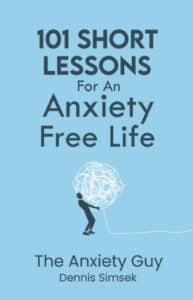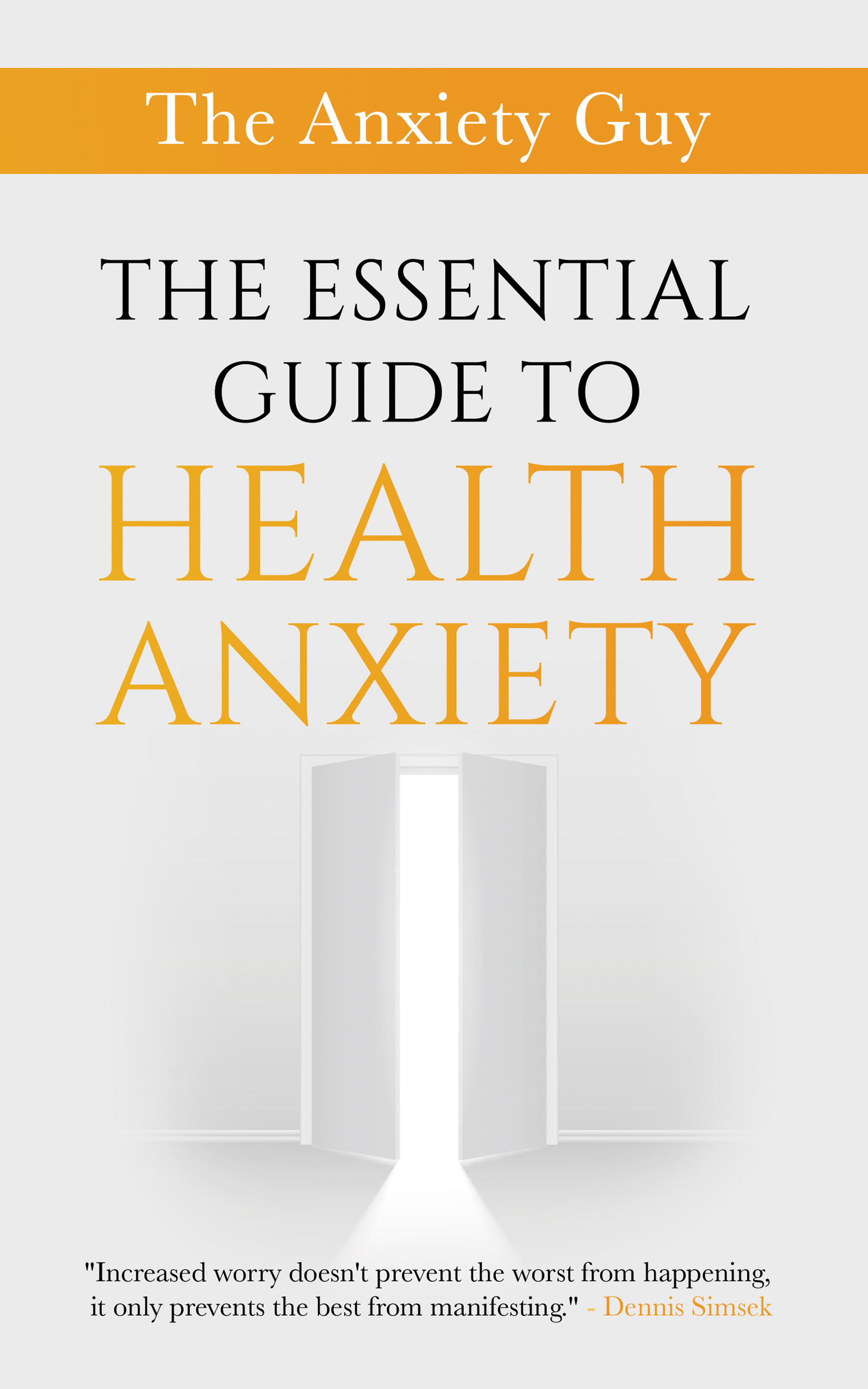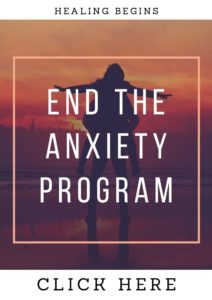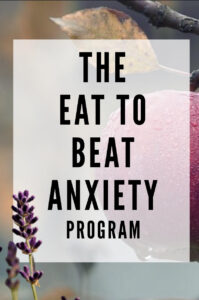Anxiety affects people with different levels of intensity, biologically as well as subjectively. Some people may suffer from incapacitating severe anxiety that has to be immediately treated. Others may experience moderate anxiety that has a drastic effect on their life, but they can still manage to live their everyday lives. Other people may have mild anxiety which can be easily managed by them; however it does cause stress to their daily life.
“No one suffering from continuous, severe anxiety will term their condition as being mild. And those who think they have mild anxiety will usually believe that they are not suffering from any kind of anxiety disorder.”
Irrespective of whether the anxiety is mild, moderate, or severe, dealing with it is always difficult and a hard struggle. All forms of anxiety need to be treated if it adversely affects the quality of life. Labels like severe or mild are irrelevant if anxiety causes worry. Not treating it may cause it to become severe and even lead to depression.
Symptoms of mild anxiety
Mild anxiety can be compared to moderate anxiety, other than the fact that it rarely or never reaches that stage of becoming really debilitating. It can be considered as an irritation that cannot be managed along with spurts in intensity, which is indicative of the need for help.
This can be regarded as anxiety which can be controlled by people without the need for coping methods. The anxiety does not easily disappear, but affected people can continue to live their daily lives without worry or stress. People with mild anxiety may find activities and hobbies to be fun, enjoy socializing, and have a positive outlook about the future.
The more common symptoms:
- People may feel nauseated, nervous, sweaty, or shaky, but none of these are overwhelming
- Sufferers may continuously worry, but such worries can be easily ignored by them
- Anxiety does not lead to panic attacks, etc in people with mild anxiety; it never reaches a stage where anxiety becomes a fear unto itself
Different kinds of anxiety disorders can also be ‘mild’. For example, people may suffer from mild cases of GAD, OCD, phobias, and social anxiety.
Treatments options
Anxiety is not normal, but a negative abnormal emotion. Hence anxiety, in any form should be treated and not ignored. Anxiety may commence in some mild form, but as we grow older, it can escalate in severity levels, become bothersome, and affect our daily lives. This is especially true when mild anxiety gets left untreated.
This can be easily managed with certain lifestyle changes, as mentioned below:
Diet: Physical stress can result in negative thinking and worries. A well balanced diet full of essential nutrients as well as regular nighttime sleep can alleviate both physical and mental stress, thus easing the process of coping with negativity and anxiety.
Exercise: Regular exercising can help improve mental health. Exercising helps eliminate stress hormones and excess adrenaline secreted during anxiety bouts; it secretes endorphins which help soothe the body; and it alleviates anxiety by reducing overall physical stress and tiring out the body muscles.
Relaxation techniques: People who do not wish to undergo therapy or counseling can try relaxation strategies like visualization, deep breathing, and progressive muscle relaxation, etc.
*It is important to remember that the results of these methods only become visible after 2 to 3 months.*
Don’t discount the power behind building habits based around the fundamental treatments such as the ones mentioned above. With a structured approach you have a recipe to begin moving your life towards calmness, and fulfillment.




















Makes me upset that ppl discount this. I was on depression meds for years before I weaned off. Then the last year before I quit, I became anxious with panic attacks. I learned how to control the panic attacks. I took call center job which aggravated my anxiety more. I went to doc and the aid was teasing me like oh you don’t get flu shot, you get anxiety etc. Wasn’t fair . In sure she thought we all have job stress. I know my body and I know when I feel different because I didn’t always feel like this.
Thanks for sharing Gin.